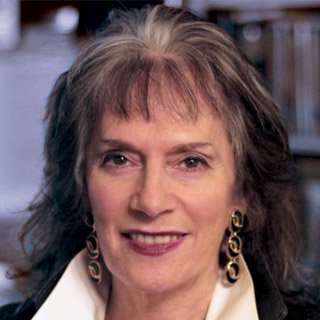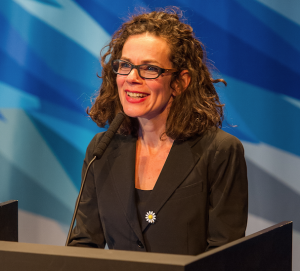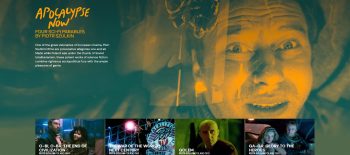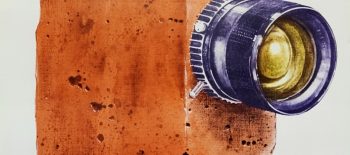June 28-29, 2021
ONLINE/SOKOŁOWSKO, Poland
More info and RSVP
International conference in commemoration of Krzysztof Kieslowski’s 80th anniversary of his birth
The conference organized by the Foundation for Contemporary Art In Situ, which looks after and develops the collection of The Krzysztof Kieślowski Archives, will provide a platform for exchange of experiences for archivists, curators, researchers and other professionals who work with collections of film-related document collections, including scripts, filmmakers’ biographical materials, production documentation, stills and other film-related objects. The conference is supported by the National Center for Film Culture in Łódź, the institution managing the Łódź City of Film UNESCO project.
Polish Cultural Institute New York invited two guests from the US, Annette Insdorf Professor of Film at the Columbia University’s School of the Arts, and Barbara Miller Deputy Director for Curatorial Affairs at Museum of the Moving Image (MoMI) in New York, to take part in this conference.

Annette Insdorf is Professor of Film at Columbia University’s School of the Arts. She is the author of Francois Truffaut, a study of the French director’s work; two books about Polish filmmakers—Double Lives, Second Chances: The Cinema of Krzysztof Kieslowski and Intimations: The Cinema of Wojciech Has; Philip Kaufman, and the landmark study, Indelible Shadows: Film and the Holocaust (with a foreword by Elie Wiesel). Her latest book is Cinematic Overtures: How to Read Opening Scenes, and she received the Mel Novikoff Award from the 2018 San Francisco Film Festival.
Monday, June 28, 2021 at 10am EDT: Exhibition trends of film archives
Presentation of Polish and American experiences in the field of exhibitions using film and biographical archives. Film museums. What does cinema bring to the art of exhibition. Plasticity of the film material. Reflection on the development of a new exhibition genre. Audiovisualism as a new instrumentation of exhibition art. Videographic scenography. Good practices and challenges of exhibitions dealing with film topics (installation, maintenance, restoration).
Moderator: Rafal Syska
Rafał Syska – Director, National Centre for Film Culture
Barbara Miller – Museum of the Moving Image New York

In an illustrated presentation, Barbara Miller, Deputy Director for Curatorial Affairs at Museum of the Moving Image (MoMI) in New York, will offer an overview of the Museum’s permanent collection of material culture, and talk about the types of „stories” the Museum tells in exhibitions using film-related objects. She will focus on the creation of MoMI’s Jim Henson Exhibition and also its presentation of a Martin Scorsese exhibition (the latter originated at the Deutsche Kinemathek), two „case studies” that explore the career of a filmmaker through objects related to their work. Her talk will probe questions concerning film-related exhibitions, including: how can such presentations deepen our understanding of a filmmaker’s art? How do you achieve an exhibition that is illuminating without fetishizing the objects related to the artist’s work? How do you keep a balance between focusing on the artwork (ie the films) and the related „ephemera”?
Krzysztof Kieslowski (1941-1996) best known for his internationally acclaimed 1990s films The Double Life of Veronique and the Three Colors Trilogy: Blue, White, and Red, was a graduate of the prestigious Lodz Film School and started his career in television with documentaries and dramas that captured the daily lives of working class people. From his earliest documentations of Polish factory life to his first forays into psychological portraiture, and from the religious-existential gambits of his Solidarity-era features to the star-studded festival favorites that cemented him as one of the most important filmmakers of the 1990s, Kieslowski was always drawn to the infinite, sometimes absurd, other times infuriating, complexities of our lives. Kieslowski made films for television long before it was fashionable. And he didn’t make ordinary television: he made The Decalogue, arguably the greatest TV miniseries of all time. And long before Hollywood movies were required to have franchise potential, his Three Colors trilogy was an arthouse juggernaut, setting three international movie stars Juliette Binoche, Julie Delpy, and Irene Jacob into a loosely interconnected cycle that mirrored the challenges of European unification–challenges that continue today.




